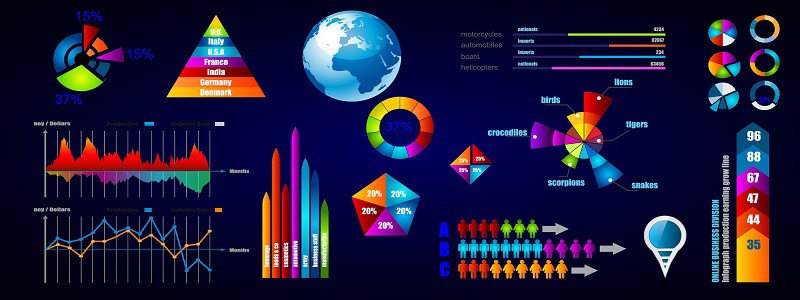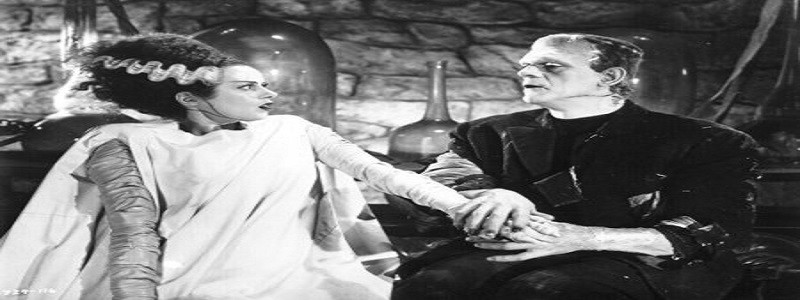Joining the Conversation: Making a Space for Choices and Voices
By Patti Minegishi Delacruz
Those who have taught each grade level of high school will argue for a favorite – and perhaps least favorite – age group to teach. Five years ago, I would have claimed that sophomores are the most challenging group; this age group is arguably at one of the most difficult developmental junctures of their lives. However, this also makes them the most fearless and formative creators of arguments.
Over the years, I have observed how our “Joining the Conversation” unit is the most empowering unit of study for my sophomores in intermediate English, a course that serves a wide and unique range of skill-levels and social identities. This unit focuses on engaging students in argumentative thinking through accessing burgeoning opinions on timely issues, listening carefully to real voices speak on real problems, and developing own argumentative voices through verbal discussions and written products for an audience.
The Federalist v. Antifederalist Debates: Hamilton and Jefferson’s Arguments Forge American Political History
This argument-based project on the Federalist v. Antifederalist debates was developed for one of Argument-Centered Education’s partner high schools this semester, and the early signs are its resonating with both teachers and students alike.
Overview
The debates that took place in the colonial America, shortly the formation of our nation, between Thomas Jefferson and Alexander Hamilton had a profound effect on our political history. The first Secretary of State in American history (Jefferson) and the first Secretary of the Treasury (Hamilton) had disagreements about the size and role of the new national government of the United States, and those disagreements generated factions which would evolve into the first political parties in America.
The opposing political rhetoric and argumentation fomented by their two factions – Hamilton’s Federalists and Jefferson’s Anti-Federalists – had its origin in the deliberations and disputes of the constitutional convention of 1787. Both men vied for influence within the first president George Washington’s administration (1789 – 1797), and both men’s factions conducted public projects of persuasion, writing in newspapers, broadsheets, and pamphlets, the political media of the late 18th century.
Analytic Comparisons Activity: Student Refutation Writing Samples
Overview
Students need to see models of argumentative writing to learn how to improve their own work. Those models should include some peer-student work that is proficient, but also some work that is deficient, so that students can see how certain criteria of effective argumentative writing are met and exceeded, and so that they can analyze the specific ways that argumentative writing can come up short.
Analytic Comparisons is an argumentative writing activity that enables students to think through both more effective and less effective examples of peer-student argumentative writing, helping them to self-reflect and incorporate this learning from close review of others’ work into the betterment of their own writing work.
Intra-Textual Debate Tracking and Evaluation in ‘Frankenstein,’ by Mary Shelley (1818)
Another fruitful and engaging angle in on academic argumentation in the classroom is to have students track a debate and evaluate the argumentation taking place within a text, fictional or informational.
This activity explores the debate that takes place within the text of Mary Shelley’s Gothic and Romanticist masterpiece Frankenstein (1818), beginning shortly after the monster re-appears to Frankenstein and tells his mournful story of his isolation and loneliness. The monster ends the recounting of his brief existence by declaring that he wants Frankenstein to create for him a companion, a monster bride. Frankenstein and the monster then engage in a sustained argumentative exchange, something close to a debate, on whether Frankenstein should or should not undertake the making of a monster bride. Claims, counter-claims – arguments, counter-arguments, rebuttal, and refutation – all of this is to be found in the debate the novel’s two main characters have, sustained over the final third of the book.
Multi-Sided Debates Comparing National Governments
Comparing and contrasting the policies, practices, achievements, and failures of national governments around the world. This political angle most social science educators and education administrators would identify as essential content in a high school global studies course. And Argument-Centered Education is currently demonstrating how it can be effectively argumentalized, heightening student engagement and its college-directedness.






